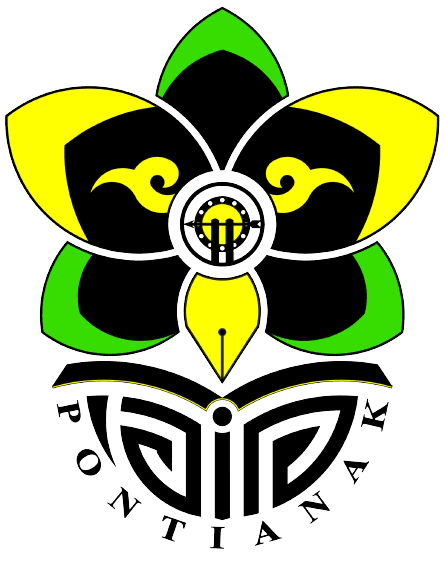Strategi Layanan Bimbingan dan Konseling Bagi Korban Bencana : Pendekatan Trauma Healing dan Dukungan Psikososial
DOI:
https://doi.org/10.24260/assyamil.v5i1.5073Keywords:
bimbingan dan konseling, bencana, trauma healing, dukungan psikososial, resiliensiAbstract
Indonesia is one of the world's most disaster-prone countries, with a high frequency of earthquakes, tsunamis, floods, and volcanic eruptions. This study aims to analyze guidance and counseling services based on trauma recovery and psychosocial support as an integrated method in the recovery process for disaster victims. The methodology applied in this study is a qualitative approach through desk research, evaluating literature from various primary and secondary sources. The research findings indicate that trauma recovery has proven effective in reducing psychological symptoms, while psychosocial support plays a crucial role in increasing individual resilience through social networks. Combining these two approaches can result in more comprehensive counseling services, encompassing personal, social, and spiritual elements. This study also identified various implementation challenges, such as limited human resources, geographic accessibility, social stigma, and lack of funding. Therefore, strategic solutions are needed that include training trauma counselors, utilizing telecounseling technology, and cross-sector collaboration. This research provides theoretical and practical contributions to the development of more effective and sustainable post-disaster counseling services.
Keywords: guidance and counseling, disaster, trauma healing, psychosocial support, resilience
Downloads
References
Badan Nasional Penanggulangan Bencana. (2023). Data kejadian bencana Indonesia tahun 2023. BNPB. https://bnpb.go.id
Bronfenbrenner, U. (1979). The ecology of human development: Experiments by nature and design. Harvard University Press.
Creswell, J. W. (2018). Research design: Qualitative, quantitative, and mixed methods approaches (5th ed.). SAGE Publications.
Fatimah, N. (2019). Efektivitas konseling kelompok berbasis trauma healing untuk menurunkan kecemasan korban banjir. Jurnal Konseling Indonesia, 5(2), 101–112.
Herman, J. L. (1992). Trauma and recovery: The aftermath of violence—from domestic abuse to political terror. Basic Books.
Hidayati, R. (2022). Peran konseling dan kegiatan berbasis komunitas dalam pemulihan korban erupsi Gunung Semeru. Jurnal Psikologi Bencana, 4(1), 45–56.
Hobfoll, S. E., Watson, P., Bell, C. C., Bryant, R. A., Brymer, M. J., Friedman, M. J., … Ursano, R. J. (2007). Five essential elements of immediate and mid–term mass trauma intervention: Empirical evidence. Psychiatry, 70(4), 283–315.
Inter-Agency Standing Committee. (2007). IASC guidelines on mental health and psychosocial support in emergency settings. IASC.
LIPI. (2021). Kajian dampak psikososial bencana di Indonesia. Lembaga Ilmu Pengetahuan Indonesia.
Miles, M. B., Huberman, A. M., & Saldaña, J. (2014). Qualitative data analysis: A methods sourcebook (3rd ed.). SAGE Publications.
Prayitno. (2012). Bimbingan dan Konseling: Teori dan praktik. RajaGrafindo Persada.
Suryani, A. (2020). Dukungan komunitas dalam meningkatkan resiliensi masyarakat korban gempa Lombok. Jurnal Ilmu Sosial, 12(1), 77–89.
UNICEF. (2022). Child alert: Children in crisis after disasters in Indonesia. UNICEF Indonesia.
WHO. (2021). Mental health and psychosocial considerations in emergencies. World Health Organization.
Widyastuti, H. (2021). Layanan konseling individu berbasis spiritual untuk korban bencana alam. Jurnal Bimbingan dan Konseling Islam, 8(2), 55–68.
Zed, M. (2014). Metode penelitian kepustakaan. Yayasan Obor Indonesia.
Downloads
Published
How to Cite
Issue
Section
License
Copyright (c) 2025 Siska Novra Elvina, Wanda Fitri

This work is licensed under a Creative Commons Attribution-NonCommercial 4.0 International License.







